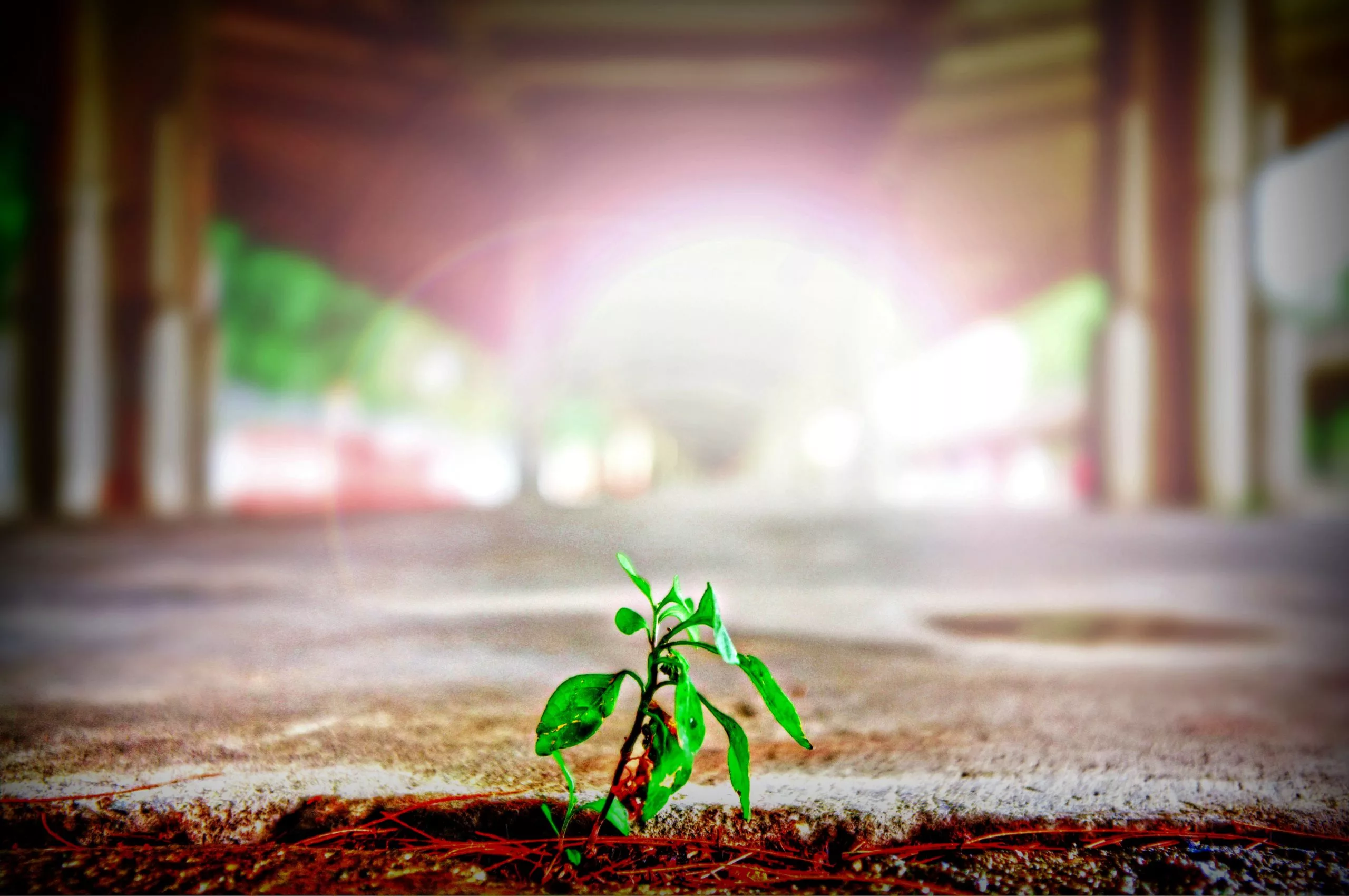“Mistakes are the usual bridge between experience and wisdom.” – Phyllis Theroux
A juicy paradox lies at the heart of our socially responsible business endeavors: make too many bad judgments, poor decisions, or fatal errors and you go out of business. Yet on the other hand, being too complacent, afraid to take risks, or benignly believing that somehow “the universe will take care of things” will also put your enterprise in danger.
This business of changing the world through creating an inclusive, ethical economy that works for all is not for the faint of heart (or anemic in funding). We must vigorously investigate and pursue opportunities, proactively qualify and take risks, and work our proverbial buns off without them getting toasted in the fire of carrying out our mission.
If we accept that we’re going to stumble and get back up, transform our missteps into leaps, and become stronger from our blunders, how can we develop a practice of integrating the very failures that we work so hard to avoid?
Let’s look at some of the places that serve as the origin of mistakes in business, so that we can more easily spot them when evaluating the outcome of a particular situation.
Mistake Origin 1: Anxiety and Fear
This is a state that most of us know well. Are we making the correct decisions? Do we have our priorities straight? Are we balancing the million-and-one demands on our time and energy to make sure we’re doing the right thing at the right time? Sound familiar? We worry and fret, lose sleep, and sometimes use things like food, caffeine, or alcohol as coping mechanisms.
Antidote
Old-school businesses used to believe that it was a game of who had the most intellectual smarts, but we now know that the whole person is the better businessperson. Therefore having awareness of the emotional signals of anxiety and fear — and how to acknowledge and move through them — gives us a powerful tool to do our best. Otherwise, being freaked out often creates conditions that make it less likely that we will be acting from a centered and balanced place. If that guitar string is too tightly wound, it won’t be in tune, and it may snap!
Mistakes Origin 2: Unrealistic Expectations of Ourselves
It’s good to have high standards, to be highly motivated, and to want to accomplish cool and significant things. But when we believe we need to have unlimited superpowers and capacities, we set ourselves up for things like harsh self-judgment, burning the candle at both ends, and disconnecting ourselves from who and what we love. This approach is a mistake in and of itself, creating conditions that make other mistakes more likely. A fascinating little double-bind!
Antidote
It’s helpful to remember that while our work is vitally important, it doesn’t define who we are. If we’re disproportionately looking for internal or external validation about or from our work, this often perpetuates a negative internal dialogue where we have a running conversation in the back of our head that we’re not good enough or doing enough. That feeling or message then creates fertile grounds for viewing any and all errors as major transgressions.
The cure? Practicing the art of radical self-acceptance, meaning that while we are on a quest for continuous learning and growth, we affirm our fundamental human goodness as a core element of our being. Then, all we need to do is the best we can do. Can you really do more than that?
Mistakes Origin 3: Making Assumptions
It’s a common experience that we arrive at a certain point in our work processes only to be stunned that others are not there with us. How could he have not known what “done” meant? Why didn’t she ask before she made the decision for all of us?
While we can’t check out all our assumptions in advance, we can be mindful that in any given situation our certainty about anything may deserve examination. This is particularly true around diversity and inclusion, where our biases may lead to certain assumptions that are historically or culturally implanted, and we may not even recognize that they’re there.
Antidote
Be prepared to be challenged — in fact, invite it — and drop your defensiveness should this occur. Practice the art of active listening, so you don’t interpret the thoughts and feelings of others as needing to fit in with your assumptions. Take delight in finding out that there is a different way, a more helpful perspective, or a creative solution that challenges your pre-conceived notions.
Mistake Origin 4: Operating Out of a Blind Spot
This is perhaps the most natural and understandable way in which we make our delicious mistakes. If we knew everything, no one would want to hang out with us, would they? The essential element here is the humble acceptance of our gaps and old patterns, for we’ve all had the experience of working for or with someone who was closed down, and therefore not receptive to the learning that only comes with being appropriately vulnerable.
Antidote
Embrace uncertainty, be curious as opposed to judgmental, and open yourself up to the never-ending, unfolding mysteries of work and life. Have no shame about asking questions, for there are no “dumb” ones. Challenge yourself to tackle difficult and even unpleasant matters. And lastly, curate and cultivate a circle of trusted peers, colleagues, coaches — and if needed, a counselor — who can provide you with accurate mirroring so that your “oops” are merely hoops inviting you to jump through them.
Take heart; using failure is a practice
Over time, when we practice embracing our errors, and integrate that learning into “failing forward,” we gain business acumen, emotional resiliency, and more effective relationships. This is not a linear, smooth, or predictable process, but making good compost for your garden isn’t either. There are the variables of the ingredients at hand, the time it takes for things to “cook,” and the patience to allow everything to come together. However in the end, you may find that what initially looked like a manure pile actually contains nuggets of gold.





